…. Prune Juice Journal  …
…
at last in his coffin
depressed friend
is smiling
… by George Swede – Prune Juice (Issue 1, Winter 2009)
morning after—
what’s left of the cheese
has a bite
…. by Jim Kacian – Prune Juice (Issue 1)
 .. Haiku legend Alexis Rotella has uncorked her first distillation of Prune Juice: Journal of Senryu and Kyoka (Issue 1, Winter 2009), which she describes as a biannual print and digital journal “dedicated to publishing and promoting fine senryu and kyoka in English.” Issue 1 offers more than 130 poems by about four dozen haijin, many of them very well-known for their well-crafted poems and wry insight into human nature.
.. Haiku legend Alexis Rotella has uncorked her first distillation of Prune Juice: Journal of Senryu and Kyoka (Issue 1, Winter 2009), which she describes as a biannual print and digital journal “dedicated to publishing and promoting fine senryu and kyoka in English.” Issue 1 offers more than 130 poems by about four dozen haijin, many of them very well-known for their well-crafted poems and wry insight into human nature.
Senryu are structured like haiku, and kyoda like tanka, but their focus is different. As Alexis explains:
“Senryu generally emphasize human foibles and frailties, usually satirically, ironically, humorously. Season words are not necessary nor usual in senryu. Kyoka have a different history than senryu; nevertheless, for modern kyoka in English, the definition is similar: a poem in the tanka form but with the satirical, ironic, humorous aspects of senryu.a poem in the tanka form but with the satirical, ironic, humorous aspects of senryu.”
Agreeing with the bumper sticker from StickEm2/CafePress, Alexis tells us that senyru “is an outlet, a therapy of sorts.” She wants poets and readers to use senryu and kyoka to help reveal and share their real emotions, saying in her introduction to Issue I:
“I hope this issue inspires you to step up, to come and mingle with the rest of us—to make a toast with a glass of prune juice in honor of the plum blossoms who, without that delicious metaphorical elixir that gets things moving, would not exist. And if you are one who hides behind a potted plant, come out come out whoever you are.”
Alexis seeks to publish senryu and kyoka that range from “gently humorous to the most wicked satire” — and advises that “Our tastes run towards the wicked end of the scale.”
 Frankly, the curmudgeons in the f/k/a Gang like to sip, rather than swig, senryu. And, we’re a little wary (maybe even weary) of editors and poets trying to give us shocking or “wicked” poems. So, we plan to decant our Prune Juice a little at a time. With Alexis Rotella at the helm, however, we’re pretty sure a lot of readers will be filling their cup to the brim with Prune Juice, and asking for refills.
Frankly, the curmudgeons in the f/k/a Gang like to sip, rather than swig, senryu. And, we’re a little wary (maybe even weary) of editors and poets trying to give us shocking or “wicked” poems. So, we plan to decant our Prune Juice a little at a time. With Alexis Rotella at the helm, however, we’re pretty sure a lot of readers will be filling their cup to the brim with Prune Juice, and asking for refills.
Here are a few more poems by members of our f/k/a family of Honored Guest Poets from Prune Juice: Journal of Senryu and Kyoka (Issue 1, Winter 2009):
blind date—
the jangle
of handcuffs
……… by Roberta Beary
Instead of an air conditioner . . .
I return
with popsicles
… by Tom Clausen
new to the group—
sitting in back with
the artificial plants
… by Jim Kacian
reading of the will
cremated mother
rematerializes
the feud continues—
shoveled snow piled high
on the property line
first ice
on mother’s gravestone . . .
her tea time
…… by George Swede – Prune Juice (Issue 1, Winter 2009)
.. click for an annual subscription to the Prune Juice print edition ($32 with S&H)  ..
..
p.s. Seven-Day Countdown: Speaking of feeling our emotions, getting things moving and setting ourselves free, the f/k/a Gang plans to stop adding to this weblog as of March 1, 2009. It will remain online, with thousands of haiku and senryu, and a lot of law-related and cultural punditry. But, the last f/k/a posting will roll off your Editor’s fingers no later than Feb. 28, 2009. We’ll try to write a few more posts related to lawyer fees before we hang up our blawger sword; then we’ll be looking for something more enjoyable and less stressful to do online. Naturally, we’ll have a little more to say when we sign off at the end of this week.
afterwords: Many thanks to Scott Greenfield at Simply Justice for his kindly post reacting to my announcement that f/k/a is closing down production. See “Phoenix Rising” (Feb. 24, 2009)
the pond ices over –
impressionist to
cubist overnight
early March –
the weather vane goose
still heading south
small sad face
in the puddle –
last weekend’s snowman
…….. by David Giacalone – Simply Haiku (Autumn 2006, Vol. 4 no. 3)




 .. In the very near future, we’ll share poems from the Winter 2009 issue of Frogpond written by our Honored Guests (update: go
.. In the very near future, we’ll share poems from the Winter 2009 issue of Frogpond written by our Honored Guests (update: go  .. “
.. “


 .…… a little news, then the treats:
.…… a little news, then the treats: Besides the
Besides the 

 ..
..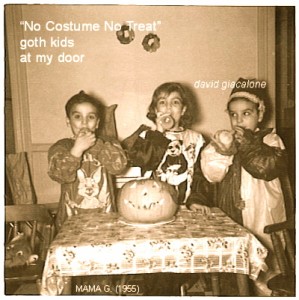


 .. Ms. Beary is also on the minds of many of us in the haijin community this week, because the Revelations: Unedited section of the latest issue of
.. Ms. Beary is also on the minds of many of us in the haijin community this week, because the Revelations: Unedited section of the latest issue of  Serial Presenters: Roberta muses over the soporific benefits of having the same people give virtually the same presentation at more than one conference.
Serial Presenters: Roberta muses over the soporific benefits of having the same people give virtually the same presentation at more than one conference.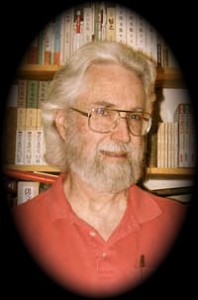


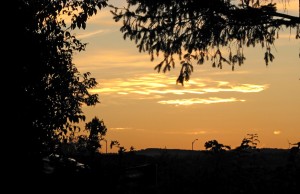



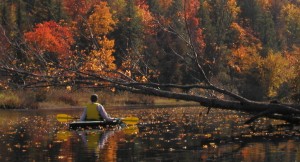



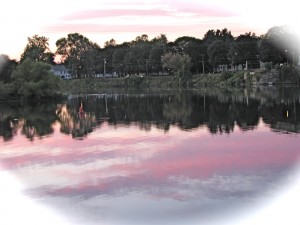
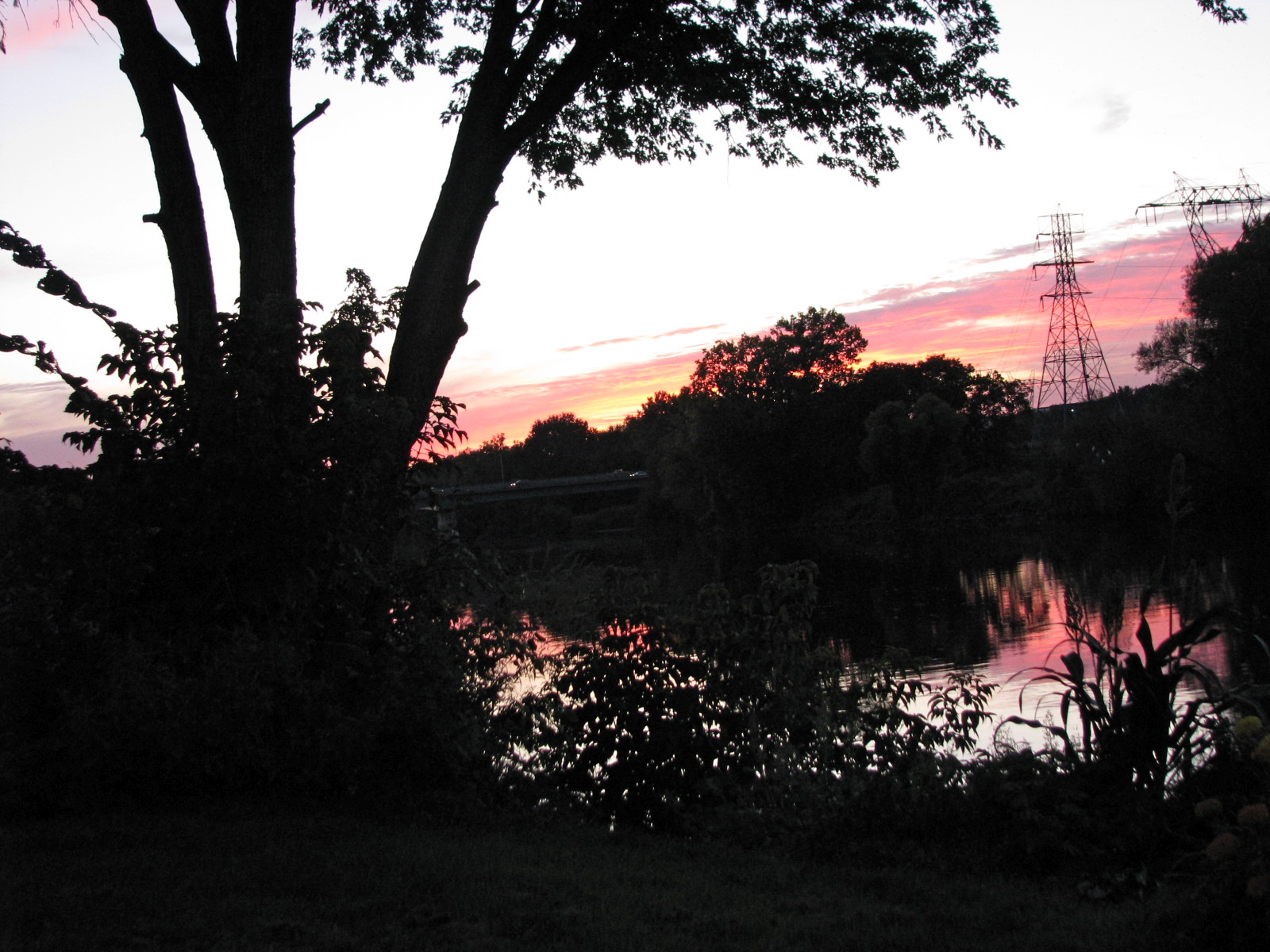


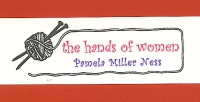 A year ago today, we had the honor to reproduce and
A year ago today, we had the honor to reproduce and 
 Finally,
Finally, 
 Yu Chang plays and lives many roles, including: husband, father of four, and grandfather;
Yu Chang plays and lives many roles, including: husband, father of four, and grandfather; 
 In order to honor the occasion, I have attempted to produce a few overnight poems; something that Yu is known for accomplishing on a regular basis. It’s not my usual method, so I just hope that these are okay:
In order to honor the occasion, I have attempted to produce a few overnight poems; something that Yu is known for accomplishing on a regular basis. It’s not my usual method, so I just hope that these are okay:




 On August 6, 2008, this notice was posted on the
On August 6, 2008, this notice was posted on the 
 . . Baseball Haiku at Chautauqua, June 26, 2008 . .
. . Baseball Haiku at Chautauqua, June 26, 2008 . . 
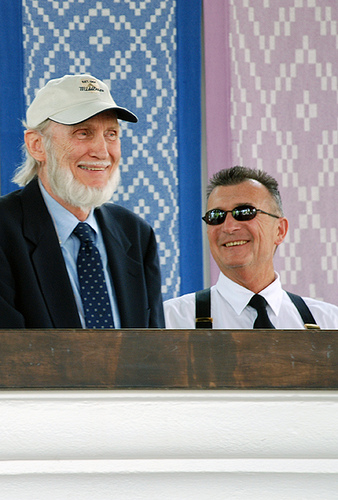 Cor & Ed at the Roundtable (by Sara Etten)
Cor & Ed at the Roundtable (by Sara Etten)